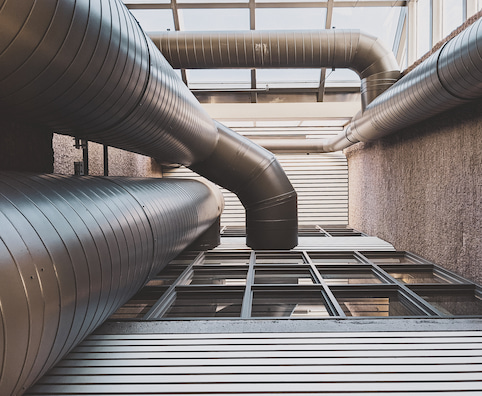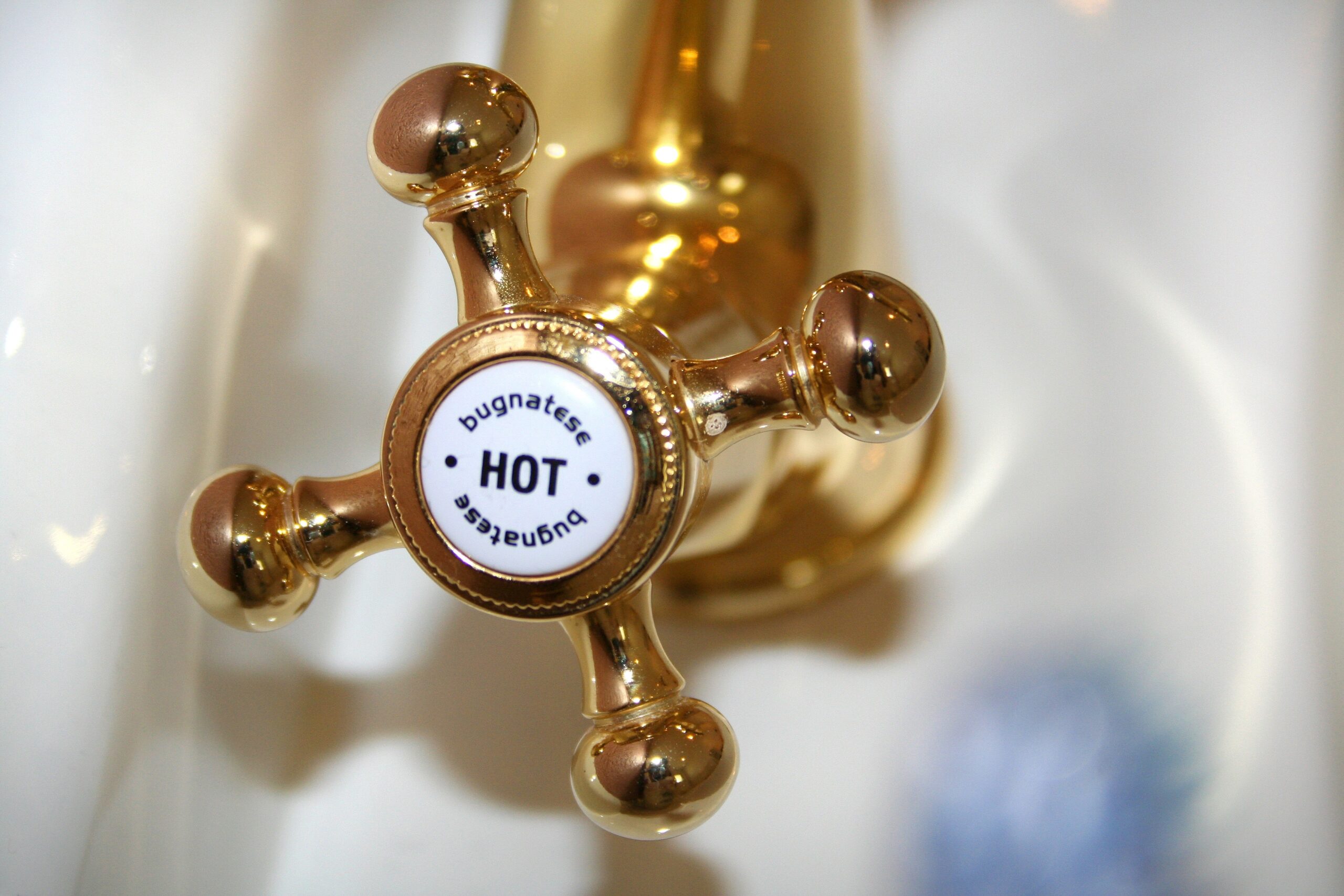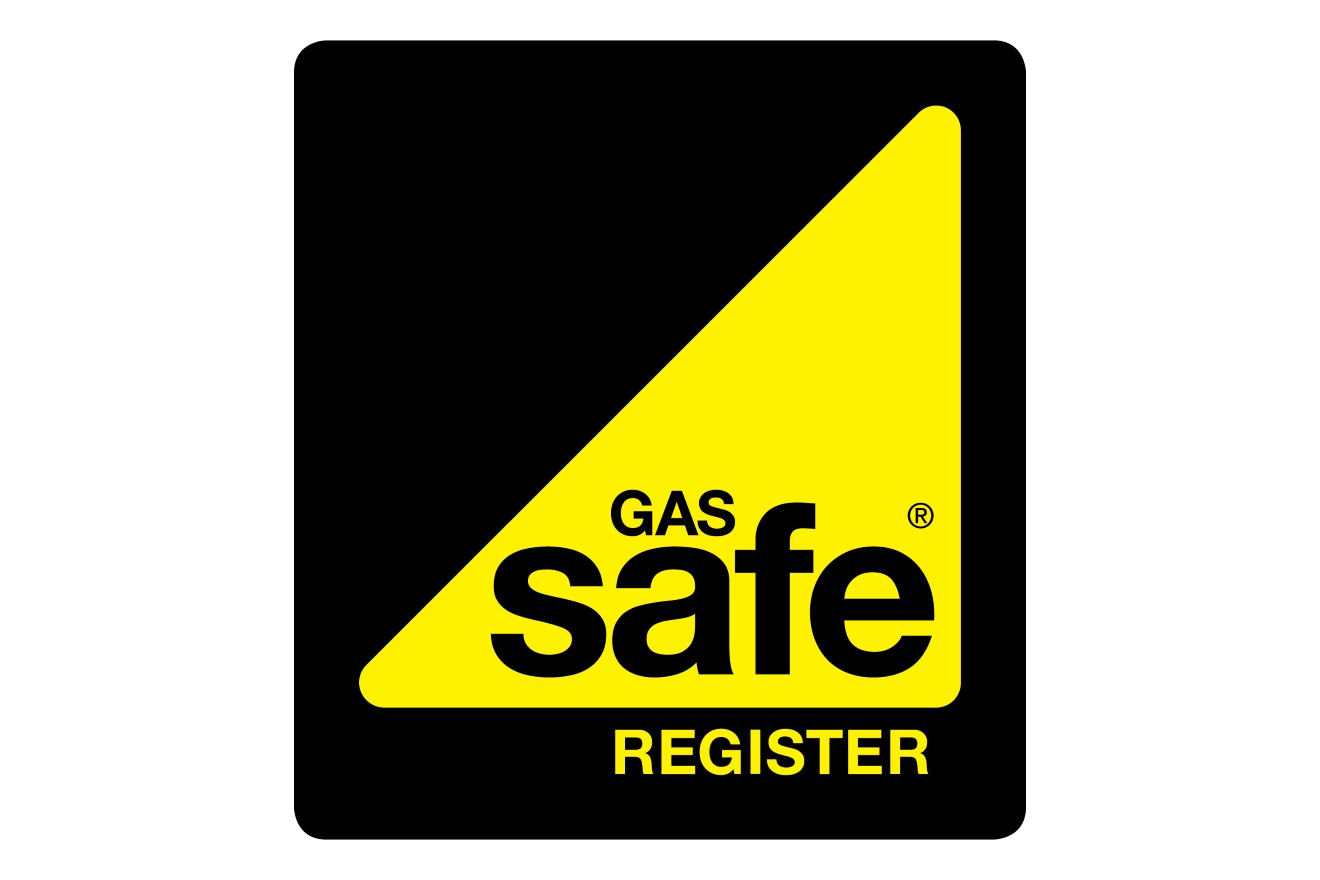Category: HVAC
Reducing Utility Bills: Top Tips
Our utility bills account for a large portion of our expenditure. This isn’t all bad, however. In fact, it means that by putting some time into this one area we can cut our spending by notable sums. We are not saying that you will be able to buy your dream car just by switching to energy-saver lightbulbs but with a few changes you can cut down your utility bills and save a little bit extra – it all adds up.
Boiler Maintenance
Your boiler is one of the biggest factors in the cost of your utilities. If you do not carry out the necessary boiler service and repairs, it will run inefficiently requiring more energy to do the same job. More energy equals more money. In other words, if you don’t stay on top of your boiler maintenance you are throwing away cash. Not to mention the costs of repairing your boiler if it breaks down. Read our guide to boiler maintenance for all the tips on keeping it running efficiently (and in turn cutting down your utility bill).
Insulation
When winter comes around, you will naturally see an increase in your use of heating. This increased use comes along with increased energy bills. However, you can mitigate some of this increased use by properly insulating your home. Insulation can help keep your home warmer reducing the need for central heating. Wall and ceiling insulation are important, but you can also insulate your pipes meaning your boiler won’t have to work as hard during the winter. All this insulation adds up and so to do the energy bill savings.
Efficient Use of Appliances
The easiest way to throw away money by needlessly increasing your utility bill is an inefficient use of appliances. Using a dishwasher for just a few dishes is a clear example of this. Similarly, small laundry loads waste both energy and water. Even the temperature of your refrigerator could be costing you money. If you are inefficiently using your refrigerator by having it set too cold you could be wasting energy and adding to your energy bill. Almost all appliances can be used more efficiently. Simply by being cognisant of this when using them you can cut back their energy use and reduce your utility bills. Limit the washing machine to full loads, air dry instead of using the tumble dryer where possible, and only use the dishwasher when it is full and you are well on your way to cutting down your utility bill.
Energy Efficient Appliances
Using your appliances efficiently is a great way to cut down the energy bill but it can seem like an uphill battle if your appliances themselves are inefficient. An appliance’s energy efficiency rating will give you a good idea of its energy consumption. The more efficient an appliance is the less energy it uses. The less energy it uses the lower your utility bill. It seems simple and it is. Merely by owning more energy-efficient appliances, you can start making savings on your utility bills.
Energy Grants
Many people don’t know it but when it comes to energy bills there is often free cash up for grabs. Government grants, for example, could give you money off your energy bills or help you pay for insulation or installing solar panels. Not everyone is eligible for all the available options, but you might find one that you can take advantage of. There are grants from the government and energy suppliers so there are plenty of options to explore. Check out this “Government energy grants for your home” guide from Which for more details.
Our utility bills can often become quite expensive but by following the tips in this guide you can reduce them and start making some savings.
How Do You Check If Someone Is Gas Safe?
Engineers Working With Gas Must Be Registered
The Gas Safe Register is the UK’s official list of gas and plumbing businesses. By law, a gas engineer must be on the Gas Safe Register to work safely and legally on gas appliances. The same goes for businesses, whether they are carrying out domestic or commercial works.
Do Engineers And Businesses Need To Be Registered Separately?
A Gas Safe engineer can be registered underneath their own name, or listed against the registered business they’re representing. As long as their name or their business has secured the Gas Safe certification, they’re qualified to safely undertake gas work. If you’re planning to search for an engineer, be sure you check their name and their business name as the registration may be under either.
When it comes to gas, a small saving is not worth risking lives
How Do I Find Gas Safe Registered Businesses?
- Go to the Gas Safe Register’s “Check the Register” page
- Under “Find by Location”, enter your postcode
- Select whether you need a domestic or a commercial gas engineering business
- Optionally, you can choose the type of appliance which needs to be worked upon
- You will be shown a list of qualified businesses in your area
- Select from the options offered, safe in the knowledge that you are choosing a qualified, competent gas business
How Do I Check A Business On The Gas Safe Register?
- Go to the Gas Safe Register’s “Check the Register” page
- Enter the business’ Gas Safe Registration number or search by the business name
- The business you are checking should show up in the results page
- Click through to “View our Engineers” or expand “Company Services” for more information
How Do I Check An Engineer’s Gas Safe Registration?
- Go to the Gas Safe Register’s “Check the Register” page
- Enter the Gas Safe Registration number which is on the engineer’s Gas Safe Register ID card
- Your engineer should be happy – in fact, they should be proud – to show you their credentials. If they don’t want to disclose this information, find another engineer who is willing to operate transparently
- Click through to view information for that engineer, including the types of system they are qualified to work on
Details On The Front Of A Gas Safe Card:
- The engineer’s photo
- The start and expiry dates
- The licence number
- The security hologram
- The engineer is from the business you employed
Details On The Back Of A Gas Safe Card:
- The engineer is qualified to carry out the gas job you’ve employed them to do
- Their qualifications are up-to-date
If you don’t know the name of the business, or would like to search for an individual engineer by name, that’s fine. Just call the Gas Safe Register on 0800 408 5500 to check the details.
What’s Being Done About Illegal Gas Work?
No matter how cautious you are, scams still happen. Companies and engineers can fake their identities to appear on the register. If you’d like to raise concerns and report illegal gas work, the Gas Safe register website will investigate your claim.
All too often, engineers undertake gas work illegally, and customers are left to pay the price. However, the government is acutely aware of the dangers gas poses. As a result, there are additional clear indicators beyond checking the register that your engineer has received the Gas Safe certification. Below, we’ve listed some documents and certificates you should always receive after hiring a qualified engineer.
Gas safety certificates & record keeping
Building Regulations Compliance Certificate
You should receive a compliance certificate if a Gas Safe Registered engineer installs a heating gas appliance in your property. This informs the Local Authority of the new appliance. The certificate should be posted to you within 28 days of a new appliance being installed.
Gas Safety Record
The documentation an engineer leaves behind depends upon the purpose and type of work carried out. The only legally required documentation is a Landlord Gas Safety Record. This details exactly what checks the engineer has carried out and if the appliances checked meet the appropriate standards of safety.

Gas Safe Register Summary
To finalise, checking the register couldn’t be quicker or easier. It’s the best way to guarantee your safety, and the quality of the work that will be completed. If you have any concerns, visit the Gas Safe Register website for advice and support.
Obviously, it would be best not to need any work undertaking (read our boiler maintenance tips!). However, should the time come, a quick search against your engineers is all it takes to secure peace of mind.
The rise of smart heating & home automation
Smart heating & home automation: 2000-2019
10 years ago, smart heating & home automation might have sounded like concepts from Back to the Future. But with more internet-connected devices than ever before, they are now realities which look set to stay.
Now, this might lead you to ask “where’s my jetpack?”. But IoT-connected smart devices could save you just as much time and effort in the long run. Albeit without quite as much fun.
Smart appliances, the IoT and connected living
 The Internet of Things, or IoT, essentially refers to the collection of devices which are connected to the internet, functioning without user input in most scenarios. This connectivity allows devices to communicate with sensors, other devices and systems outside of the device.
The Internet of Things, or IoT, essentially refers to the collection of devices which are connected to the internet, functioning without user input in most scenarios. This connectivity allows devices to communicate with sensors, other devices and systems outside of the device.
Now you can control multiple factors of your building using smart services. Nest paved the way for smart heating controls with its smart thermostat, introduced in 2011. Smart thermostats attempt to save energy by sychronising the timing of heating and cooling with patterns of household occupancy.
Their precursors, programmable thermostats, typically resulted in higher energy use than simple ones. This was largely down to user error and the difficulty of programming. A smart thermostat aims to obviate the need for human interaction, simplifying the task of saving energy whilst maintaining an equitable temperature.
Since then, a plethora of devices have become available, covering every conceivable application.
Various products can integrate with your lighting & garage door, sense smoke & carbon monoxide or toggle your devices to create the impression that somebody is home. And of course, all these devices will eventually integrate together.
Advantages of home automation
Home automation enables users to save time and effort. It could also lead to savings by preventing mishaps. Such as the one I experienced at the age of 19 when, after living with some friends for a year, we realised we’d had the boiler set to “continuous” the whole time. No – the bill was not a pretty sight.
We ended up paying considerably more than the cost of a smart thermostat, which made us wish we’d had the foresight to buy one. Then again, having just turned 18, our money was spent on goods in liquid form only. A smart thermostat would have been unlikely to make the cut.
Smart appliances will enable users to complete their housework remotely, prepare the house for guests, maintain cleanliness and much more. The concept essentially allows any application that can be dreamt up. It enables devices – rather than users – to utilise all the technology at our disposal.
Iot: Risks & Threats

The IoT is not simply a case of turning your devices on and then riding off into the sunset, however. Security risks, which pose the biggest threat to smart appliance development, are inherent in some devices and difficult to conclusively prevent.
Besides the router, each IoT-enabled connected appliance is also at risk from hackers looking for firmware vulnerabilities to exploit. The more devices, the more points of vulnerability.
Artificial Intelligence and Machine Learning look set to drive a wave of secure advancements within the sector. AI will constantly probe, detect and learn from security logs, reacting to cyber threats faster than humans. Machine Learning could enable self-diagnosing smart appliances, which issue update notifications and security fixes when a firmware issue is detected.
The future of smart heating & home automation

With our modern taste for convenience, it seems inevitable that smart appliances and home automation will play an increasing part in our lives in the years to come. It is imperative that the security risks inherent are tackled, rather than simply talked down.
However, provided robust threat prevention methods can be implemented, the concepts look like being the first of a new technological paradigm.
Article by Barney Scott, Kiasu Group
© 2019 Barney Scott, Kiasu Group
The Essential Safety Checks of Commercial Building Maintenance
Commercial building maintenance
No matter what kind of commercial building you own or run, it’s vital to maintain it carefully and correctly. If you don’t pay attention to the regular maintenance requirements, you’ll pay for it later. Ignoring problems or not even checking for them in the first place won’t make them go away.
If you want to learn more about maintaining a commercial property, you’ve come to the right place. We will cover all of the essentials and explain why they’re important. By reading all of the information below, you’ll better understand what it takes to maintain your commercial property. So read on now to learn about all the maintenance inspections you need to keep your building in top condition.
Why Do Building Maintenance Inspections Matter?
First, we need to discuss why these checks and property maintenance procedures are necessary. For a commercial space to function correctly and offer fundamental safety and security to the people working inside it each day, it must undergo regular maintenance checks. This doesn’t happen by itself.
It’s very easy to coast along and assume everything is fine. Still, you won’t know that for sure until you actively seek out problems and carry out proper checks. Now it’s time to look at the inspections and maintenance tips you should know.
The regular checks you’ll need to make
Many areas require inspections, and each area requires several different checks. Here are the areas of your property you will need to check to meet safety standards and legal requirements routinely:
- Burglar Alarms And Security
- Fire Safety (Fire Alarms And Fire Doors)
- Electrical Installations (Pat Testing, Fixed Wire Testing Etc.)
- Plumbing
- Roofing
- Heating, Ventilation And Air Conditioning (HVAC)
Checking and double-checking all alarms
You should make sure you have various types of alarms on your property. You’ll require a burglar alarm to ensure the building is secure 24 hours a day. On top of that, you should have fire alarms in place to comply with all relevant fire safety regulations. Once you have all of those alarms, you should ensure they’re regularly checked and double-checked to ensure that they’re functioning the way they’re meant to.
Fire Safety Inspections
One of the most dangerous threats that every property must strive to avoid is a fire. Several of the other inspections covered in this guide will help prevent fires and help keep you safe if one does break out. For example, fire alarms (as discussed above) will alert you to a fire. And some of the electrical testing (which we cover later) will identify potential fire risks so you can fix them before they cause an incident. In addition to these, however, you will also need regular fire door inspections. In the event of a fire, fire doors are essential to reducing the spread and containing the problem. However, over time they will suffer wear and tear. Regular checks will be able to highlight any significant damage that will prevent them from functioning correctly.
PAT Testing By The Book
Portable appliance testing is necessary for every commercial setting. It’s a vital aspect of health and safety and ensures electrical appliances are safe for use without any risk to the employees interacting with them. PAT testing has to be done carefully and by the book. A series of visual and electronic tests have to be carried out before an appliance can be passed as safe for use. These tests need to be completed regularly; it’s not enough to pass them once and then forget about them.
Plumbing And Pipe Checks
When something goes badly wrong with the building’s plumbing, you’ll know about it, and it certainly won’t be pleasant to deal with. Burst pipes or blockages can quickly get messy, making the commercial space unsafe and unusable until the problem is put right. That’s why regular plumbing and pipe checks are vital. When you carry out those checks, you can spot potential issues or minor problems before they become more severe. It is best to identify and fix the issue early to avoid potential disruptions. These checks need to be done thoroughly and carefully to ensure nothing is missed.
Annual Electrical Checks
All electrical components need to be checked annually. Faulty electrics pose several serious risks, including the threat of electrocution. Plus, faulty electrics are a fire hazard. Therefore these checks are crucial to a building’s safety. When it comes to electrics, it’s not worth taking any chances. Outlets, breaker boxes and switches should be reviewed and assessed for safety concerns and potential issues.
Things like cracks or signs of deterioration should be spotted as early as possible. It is important to rectify these issues before they worsen and cause a bigger, more serious problem. It’ll save you a lot of time and money in the future if you do. And more importantly, it can prevent a harmful (or even deadly) incident such as a fire.
Regular Roof Inspections
Roof inspections might not apply to every business as they might be a contained office in a larger building. But if you are maintaining a whole building, you’ll need to ensure the roof is regularly inspected for faults and damage. Let a professional carry out these checks because they can be risky if carried out by someone who doesn’t know what they’re doing. It’s imperative to carry out these inspections if there’s recently been a lot of stormy or generally adverse weather in your area.

Maintaining HVAC Systems
Without regular maintenance, an air conditioning system’s effectiveness can subside. They become less energy efficient – costing you more for the same results. Eventually, your HVAC system may not even be able to function to the same level at all. Furthermore, as with all maintenance inspections, HVAC servicing will identify small problems before they become bigger. If left unattended, these issues could leave you without air conditioning and a sizable repair bill. So make sure you spot them early and fix them while the issue is still small.
Ventilation and Air Quality Control
Dust fumes and airborne contaminants can cause a range of health issues. Air quality is a serious concern that needs to be properly monitored. Ongoing inspections are crucial to ensuring your ventilation minimises these risks. In some cases, such inspections are a legal requirement. The Control of Substances Hazardous to Health Regulations (COSHH), for example, requires Local Exhaust Ventilation (LEV) systems to be tested every 14 months.
Preventative Maintenance and Inspections
Property maintenance will be far easier for you if you stay on top of things. It’ll allow you to spot small problems before they get the chance to develop into much bigger ones. Each of the checks listed above will be vital for commercial property to function properly and run smoothly. Left unattended and unchecked, any one of these areas could lead to a significant problem resulting in costly fixes or even harm to yourself or others. Please don’t ignore them.
Conclusion
Property maintenance will be a lot easier for you if you stay on top of things. It’ll allow you to spot small problems before they get the chance to develop into much bigger ones. Each of the checks listed above will be vital to the smooth functioning of your commercial property, so don’t forget about them.
Our team is equipped to help you with any commercial property maintenance needs you might have so if you need any of the property checks mentioned above, don’t hesitate to get in touch with Kiasu Workforce on 0208 988 1662 or email us at enquiries@kiasugroup.co.uk





